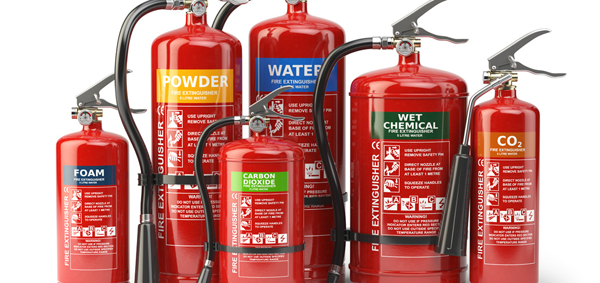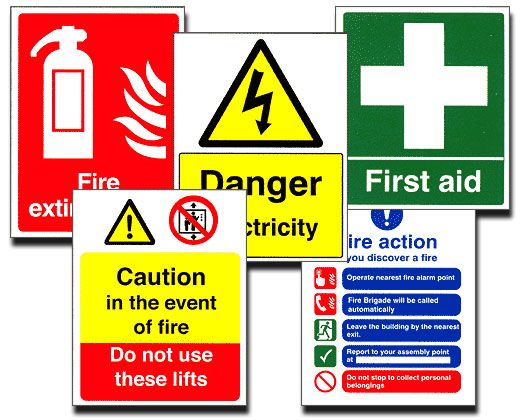Small Businesses: A Guide to Fire Safety

When you are starting a new business venture you will pulled in all directions at once. But one thing you must not forget is fire safety. 65% of businesses never recover from a fire so one small, simple oversight, and without the proper precautions or knowledge of how to react, your livelihood could, quite literally, go up in flames.
So it is vital that you ensure you make time to get the fire safety training you need to understand the fire regulations and how they apply to your circumstances. There are online fire training courses, as well as face to face fire training courses available to meet your needs and requirements.

Do I really need to have Fire Training?
The simple answer is yes. As an example, if you’re working in a mobile catering businesses, you tend to operate in small, cramped environments where the temperatures can rise quickly. With multiple people working in the same small kitchen, often under pressure from long queues of customers waiting on their orders and all sharing the heat from the constantly working ovens, grills, and other cooking equipment, there’s a strong possibility for accidents to happen. Now add in Covid-19 safety regulations, with masks, screens, gloves and trying to stay socially distanced and you’ve just added to your fire hazards.
Yet it remains a legal duty for businesses to carry out regular fire risk assessments and for staff and business owners to complete regular fire safety training. This is especially true in mobile food vans, where the potential for harm and destruction from a fire could spell disaster for the business.

Why do I need Fire Training?
If you are starting up, or already run a business, then you will need to think about your fire safety procedures. While for many small enterprises this may be a relatively simple process, for others it can be quite complex and require careful consideration. A good place to start is with the type of business you are operating, your environment and the possible danger these could present.
Keeping the workforce and anyone else on the premises safe is always the primary goal. One simple rule to follow is that the more people you have in the building – the more Wardens and other fire safety assets you are likely to need. As you would expect the more people you add into the scenario, the more you will need to consider. With a handful of employees you can easily adapt as needed, but this becomes much more difficult as the employee numbers increase.
Assessing your fire safety needs is not as simple as just the number of people in the building though, because other elements, such the environment, can be big factor. A small, office-based, operation with a handful of staff may not require much more than a Fire Warden and clear labelling.
A workshop containing flammable liquids and welding equipment will need careful risk assessment and very detailed procedures. Yet both of these examples could employ the same number of people. If your business is open to the public then you will need to also take this into account because they are unpredictable and untrained in an emergency. As you can see your fire safety requires careful thought.
Fire safety training courses can be completed online or in person, but whichever option you choose, it’s important to remember that your fire safety certificate must be refreshed on a regular basis. We specialise in delivering high quality fire safety training that fulfils the requirements of The Regulatory Reform (Fire Safety) Order 2005/Fire (Scotland) Act 2005 and is fully accredited by the Institution of Fire Engineers.

Fire Safety Inspections
Your premises can be inspected to check your compliance. This will usually be by a representative of the local Fire and Rescue authority. They will be looking for a number of things to see you are up to speed with your safety procedures. For example, they will expect to see that the staff are trained to a suitable level and awareness of fire safety equipment and process is in place.
Fire equipment such as extinguishers and alarms will also be part of their assessment. Their job is not to find fault though and they are usually very friendly and helpful. It will be their intention to work with you and not against you. Essentially all they are interested in is the simple question ‘are your premises and people in them, safe’? However, make no mistake that if you do not comply with current legislation you could be facing some pretty serious consequences.
Fire safety certificates are no longer issued for most businesses. The principles behind the certificate, however, are still very much in force and if you don’t comply, you could find yourself on the receiving end of a hefty fine. The Regulatory Reform (Fire Safety) Order 2005 is very clear on the matter of what you must do as a business owner and employer and what laws you must adhere to.
